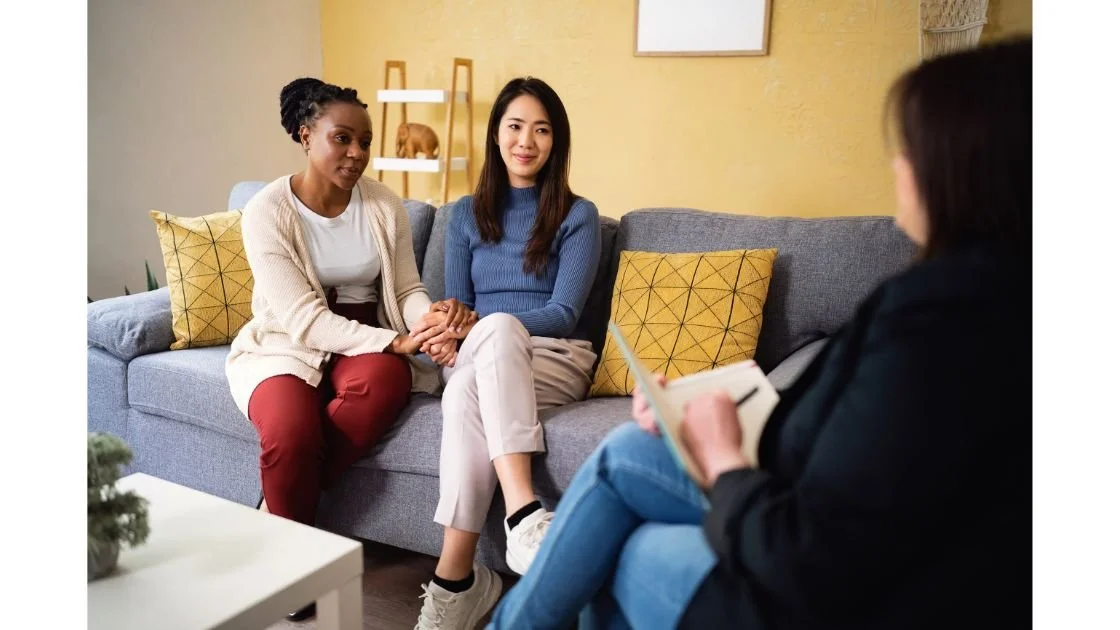We Need Couples Therapy, but My Partner Doesn’t Want to Go
Here at Hold The Vision Therapy, transparency is important, so I’m starting off by sharing something most people don’t know about me (until now).
My husband is incredibly supportive of the work I do. We've made significant sacrifices as a family for my career, and even when I’ve felt doubtful or guilty, he’s backed me 100%. Without his support, I might not have taken the risks needed to have the career I love today.
AND
My husband doesn’t go to therapy. He tried it once and didn’t like it—it just isn’t his thing.
Gasp!
In my work as a relationship therapist, I frequently discuss the importance of embracing "both/and." This is a real-life example of how this concept plays out in my own marriage. My husband fully supports my career AND doesn't personally enjoy therapy.
So, why am I sharing this personal detail?
Because many clients who reach out for couples therapy feel skeptical or have partners who don't want to participate. I’m never offended by this; in fact, I completely understand it. Couples therapy requires vulnerability, and that can feel deeply uncomfortable.
If you or your partner feels this hesitation, know that I’m not judging you or trying to change your mind. I'll meet you exactly where you are. If you bring hesitancy into our sessions, I genuinely respect your willingness to show up despite your reservations. Most of my clients find themselves pleasantly surprised by the process, but if therapy ends up not being your thing after a few sessions, that's perfectly okay, too.
But what if your partner says, "No way, therapy just isn't happening"?
Here’s the truth about relational work: even one person changing their behaviors can positively impact the entire relationship. Based on my experience and skill set, I can help you create meaningful change, even if you're the only one attending therapy. I also can offer a hybrid approach in these situations:
Initial Individual Session with Your Partner: Even if your partner only attends one session, this meeting allows me to gather crucial insights into your relationship dynamics. (And if they prefer not to do this at all, that's okay too.)
Building Familiarity and Trust: This initial meeting also helps your partner become familiar with me and my approach. If a significant issue arises later on, they’re more likely to feel comfortable joining a session to address things together in real-time.
Individual Sessions with Your Partner: If your partner prefers individual sessions, we can do a few focused meetings designed to support your mutual therapeutic goals. (There’s a specific structure for this to maintain ethical standards and meet insurance requirements, and I'll explain this clearly if it applies.)
The bottom line: No matter where you or your partner currently stand regarding therapy, I’m here to support your relationship goals. If you can give your best, even with limited time, I'll maximize our sessions to positively impact your relationship. Every partnership and family can benefit from support, and everyone deserves flexibility to seek help on their own terms. That’s exactly what I’m here for.
If you think I might be a good fit for you, and maybe your partner, check out my bio and connect with me here to get started!


